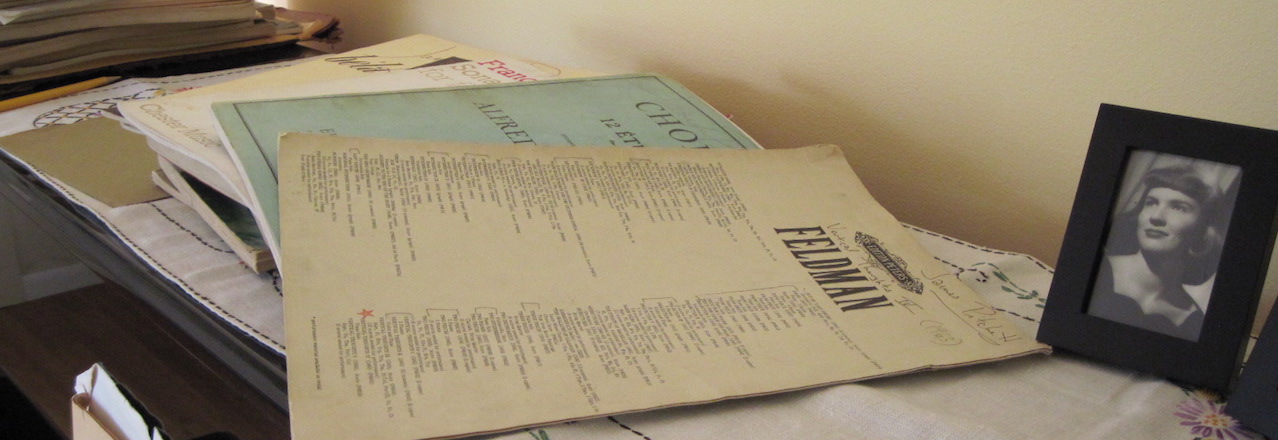I’m playing Federico Mompou’s Musica callada (“Silent music”) these days. The music is beautiful and strange. Slow, unadorned, quiet (mostly), very calm. Some pieces lack any real melody at all, some include tunes that are quite child-like, sing-song, while still others are chromatic and pained. The harmonies resonate under them and around them, strange ones based on fourths, reminding me of Scriabin in some way.
The title comes from St. John of the Cross’s “Spiritual Canticle”, a retelling of and commentary on the Biblical “Song of Solomon.” The stanzas in question describe the soul beholding the majesty and beauty of God:
My Beloved is the mountains,
The solitary wooded valleys
The strange islands,
The roaring torrents,
The whisper of the amorous gales;
The tranquil night
At the approaches of the dawn,
The silent music,
The murmuring solitude,
The supper which revives, and enkindles love.
This is a description of the abundance that arises out of emptiness, the “somethings” that roll up at your feet once you securely possess nothing (to use Cage’s words). Mompou quotes lines from “Les pas” by the symbolist poet Valéry that touch on this same attitude of waiting in silence for the abundance of the Beloved: The footsteps of the title are “enfants de mon silence”, they approach the poet’s watchfulness “muted and frozen.”
I was attracted to this music by its title, which immediately put me in mind of Cage’s string quartet. While composing it, Cage said that in the quartet “without actually using silence, I should like to praise it.” It seems clear to me that this is what Mompou has in mind here as well. The pieces were written in 1959-1967, well after Cage’s Silent prayer and 4’ 33”. I have no idea if Cage knew this music or what Mompou thought of Cage.
There is a calm here, but not an emotionless drone. One of the pieces is marked “afflitto e penoso” (“sad and painful”), for example, and the childlike ones have a quiet joy about them. But there is a watchfulness in all the pieces that goes beyond involvement in the emotions and gets at the silence behind all of them. They are good pieces to play to develop awareness at the keyboard, and are interesting companions to the early Feldman I’ve been playing lately, too (more on that later).
